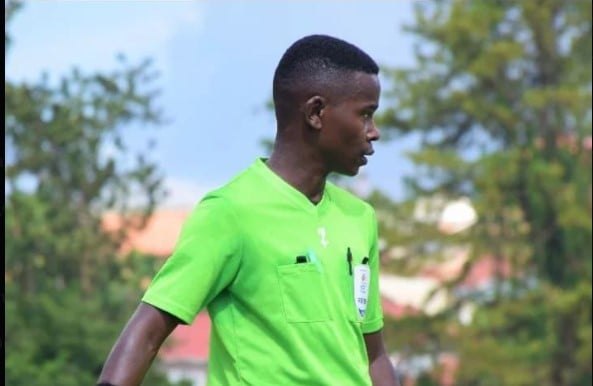Prime
What if all the birds turn the same colour?

Mr Zhang Lizhong is the Chinese Ambassador to Uganda.
What you need to know:
- Our world is going through a pandemic and changes unseen in a century. Now more than ever, the world needs to come together and respond collectively.
It has been nearly six months since my arrival in Uganda, the Pearl of Africa. Long before I came to this beautiful country, many friends had told me that Uganda is one the best places in the world for bird-watching. The country has so many species of birds, crested crane, purple starling, kingfisher, hamerkop, crowned hornbill, marabou stork, just to name a few. The colourful birds earn international fame for Uganda’s tourism. But what if, one day, all the birds turn into the same colour?
Just as birds in nature are supposed to be colourful, in politics, democracy could be and should be realised in multiple ways. A one-size-fits-all model of democracy for the whole world does not exist and there is no democratic system that can claim to be perfect or superior to others. The practice of measuring the diverse political systems with a single yardstick and judging the colourful political civilisation of humanity from a simplistic perspective itself is undemocratic. Democracy does not exist only in one form nor have just one standard, and no country should be allowed to monopolise the interpretation of democracy and then impose it on others.
As for which country’s democracy is good or bad, people living in that country have a natural feeling and say. Therefore, a basic criterion of democracy should be about the people, i.e. whether the people have the right to govern their country, whether their needs are met, and whether they have a sense of fulfilment and happiness. If the people are only awakened when casting their votes and sent back to hibernation when the voting is over, if they are served with sweet-sounding slogans in campaigns but have no say after the election, if they are wooed during canvassing for votes but left out in the cold after that, this is not a genuine democracy.
On who has the right to define democracy, I find that there are a lot of similarities between China and Uganda. For example, in his speech at the swearing-in ceremony earlier this year, HE President Museveni said, “It is quite comic to hear of some actors in the world giving us lectures about democracy! We designed this system, not from air-conditioned rooms, but from the jungles of our country where we lived with the people for much of the 16 years of the Resistance (1971-1986).”
Democracy is a shared value of all human beings and a critical philosophy that the Communist party of China has unswervingly upheld. The party always stays committed to the path of socialist political advancement with Chinese characteristics, works to ensure that the party’s leadership, the people’s position as masters of the country and law-based governance form an indivisible whole, and firmly opposed the delusion of some political thoughts in Western countries including what they call the power rotation among multiple political parties, thus embarking on a democratic path of developing whole-process people’s democracy. By reviewing the gains and losses of political development at home and abroad, the party keenly realised that China’s political civilisation and political system are deeply rooted in China’s society. It will not work for China to copy the political systems of other countries, what’s worse, it may even ruin the country’s future.
Our world is going through a pandemic and changes unseen in a century. Humanity faces unprecedented risks and challenges. Now more than ever, the world needs to come together and respond collectively. However, a certain country is putting together the so-called Democracy Summit as self-styled leader of democracy. It divides countries into different levels of a hierarchy, labels them as democratic or undemocratic, and points fingers at other countries’ democratic systems. It claims it is doing this for democracy. But this is in fact the very opposite of democracy.
It will do no good to global solidarity and cooperation or promote global development.
In order to safeguard fairness and justice, and promote democracy in international relations, China is willing to work with the international community, including Uganda, so that people of all countries can truly enjoy broader and more substantial rights and freedom, so that there are more diversity and colours in the world. After all, we don’t want all the birds to turn into the same colour, do we?
Zhang Lizhong is the Chinese Ambassador to Uganda




